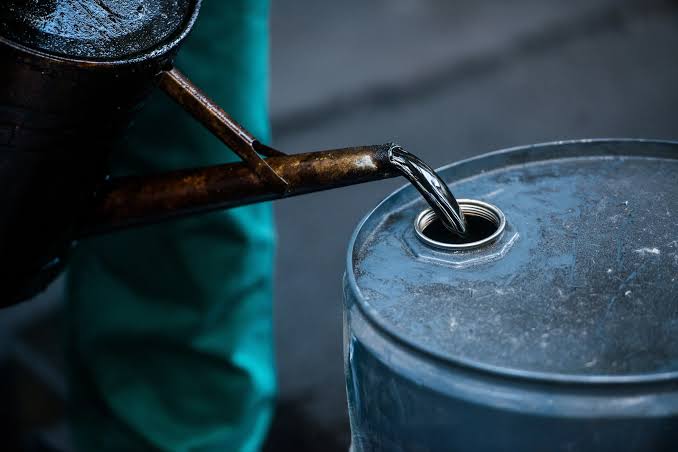Nigeria is often referred to as the “king of crude oil” in Africa. It is the largest oil producer on the continent and one of the top ten producers in the world. With vast reserves and a long history of oil exploration, Nigeria’s economy has relied heavily on crude oil for decades. However, the story of Nigeria’s oil is not just about wealth and prosperity; it is also a tale of mismanagement, corruption, and challenges that have led the country to a troubling point where it now imports what it once produced.
Nigeria’s Oil Riches
Nigeria’s journey into the oil industry began in the 1950s when oil was first discovered in Oloibiri, Bayelsa State. Since then, the oil sector has grown to become the backbone of the Nigerian economy, accounting for about 90% of the country’s export earnings and a significant portion of government revenue. The Niger Delta region, rich in oil, became the center of exploration and production.
Despite its wealth in crude oil, Nigeria has faced numerous challenges. The country has struggled with issues like corruption, inadequate infrastructure, and a lack of investment in the oil sector. Corruption has plagued the oil industry for years, with billions of dollars mismanaged or stolen by officials and companies. This has hindered the development of the industry and deprived the country of the wealth it should have gained from its resources.
The Decline in Oil Production
In recent years, Nigeria’s oil production has declined due to various factors. The country has faced significant operational challenges, including oil theft, vandalism of pipelines, and inadequate maintenance of facilities. These issues have reduced production levels and led to substantial financial losses. As a result, Nigeria’s production capacity has fallen significantly, making it difficult to meet domestic demand for fuel and other oil products.
With this decline in production, Nigeria has found itself in a difficult position. Once an oil exporter, the country has had to import refined petroleum products to meet the needs of its population. This situation is ironic and frustrating because Nigeria possesses vast oil reserves yet lacks the capacity to refine the crude oil it produces. The irony is compounded by the fact that the country spends a significant amount of foreign currency on fuel imports, straining its economy further.
The reliance on imports has had serious consequences for Nigeria. The country has experienced fuel shortages, leading to increased prices and economic instability. The government has tried to address these challenges through various policies, but progress has been slow. There is a pressing need for investment in the refining sector and improved management of the oil resources.
To turn things around, Nigeria must focus on transparency and accountability in the oil industry. Reducing corruption and investing in infrastructure are crucial steps toward reviving the sector. By improving domestic refining capacity, Nigeria can not only meet its own fuel needs but also increase its revenue from exports.
Nigeria’s status as the king of crude oil in Africa comes with great responsibility. The country must learn from its past mistakes and work towards better management of its resources. By doing so, it can reclaim its position as a leader in the global oil market and ensure a more prosperous future for its citizens. The journey ahead may be challenging, but with the right strategies and commitment, Nigeria can overcome its oil-related struggles.











